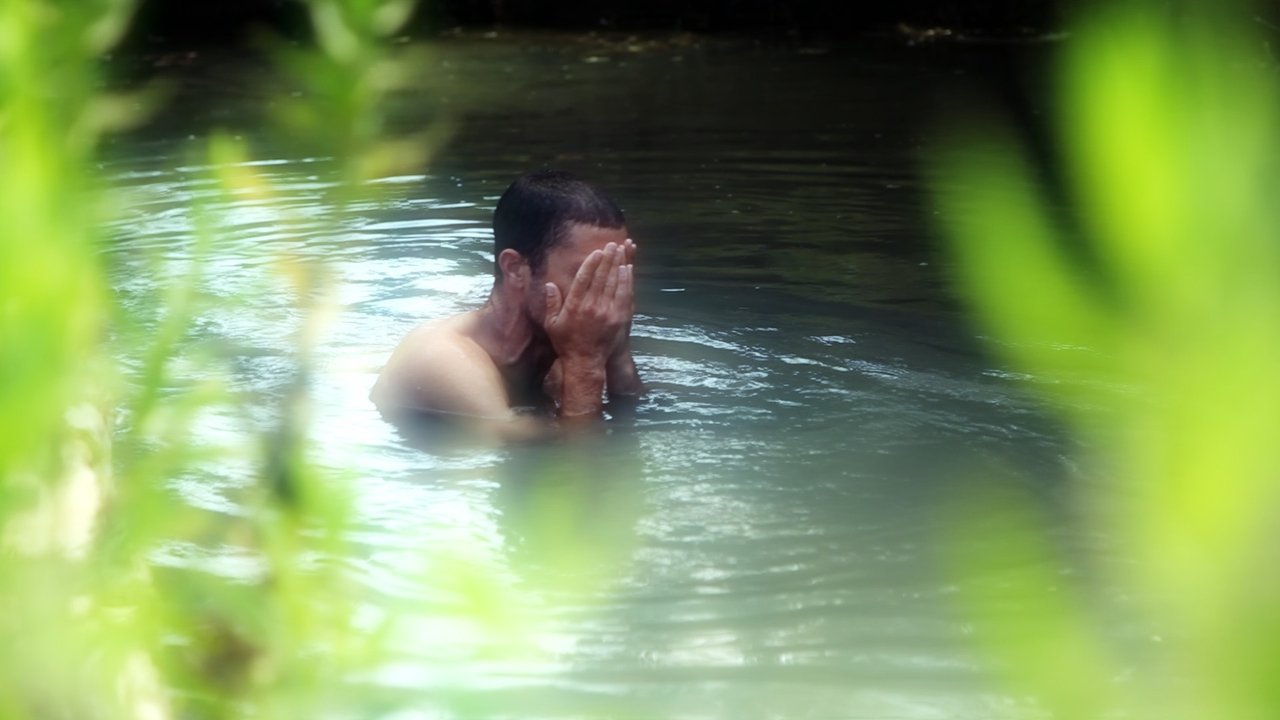

Trip of Compassion(2017)
Thousands of PTSD victims live in Israel, which in recent years has been promoting an innovative treatment, namely psycho-active substances, known as psychedelic drugs. The film documents PTSD victims undergoing MDMA treatment at Beer Yaacov psychiatric hospital over several years. We return with them to the site of the trauma, to the life before and the long and complex road to leaving the bleeding wounds behind and returning to life.
Movie: Trip of Compassion
Similar Movies
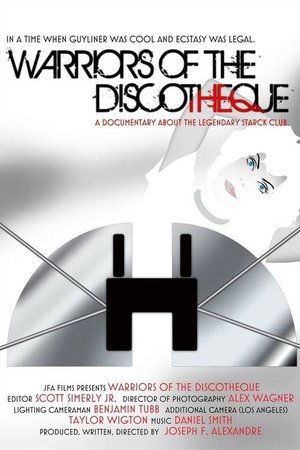 5.3
5.3Warriors of the Discotheque(en)
The place is the notorious Starck Club (so called because it was the first major project designed by Philippe Starck in the US.) The Starck Club opened in Dallas in 1984 and not long after hosted the 1984 national Republican Convention. Ironically, it was actually legal to buy MDMA aka ecstasy there, people would put it on their credit cards. The DEA stepped in and made it a category 1 drug on July 1, 1985... In a time when ecstasy was legal & guyliner was cool.
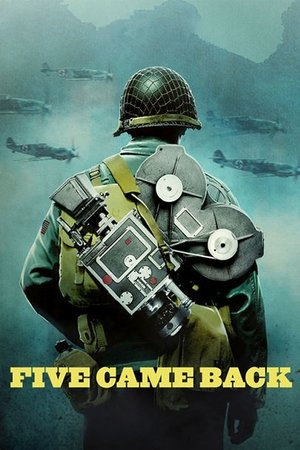 7.9
7.9Five Came Back(en)
The extraordinary story of how Hollywood changed World War II – and how World War II changed Hollywood, through the interwoven experiences of five legendary filmmakers who went to war to serve their country and bring the truth to the American people: John Ford, William Wyler, John Huston, Frank Capra, and George Stevens. Based on Mark Harris’ best-selling book, “Five Came Back: A Story of Hollywood and the Second World War.”
 0.0
0.0Tricky Memory(en)
The lastest neuroscience discoveries show surprising results: false memories, distortion, modification, déjà vus. Our memory is affected in many ways, and deceives us every day. The very fact of recalling souvenirs modifies them. The everyday consequences are manyfold. To what extent can we rely on our souvenirs? How much credit can we give them during trials? Even more shocking, scientists have proved to be able to manipulate our memory: creating artificial souvenirs, deleting, emphasizing or restoring them on demand.
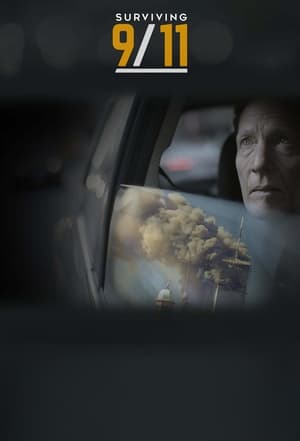 7.2
7.2Surviving 9/11(en)
9/11 was perhaps the defining historical event of the postwar era. Broadcast live around the world like horrifying theatre, it was a moment in history imprinted onto people's memories. But what was it like to actually live through, and how easy is it to move on from a day that society wants to go on remembering? Twenty years on, this film brings together 13 ordinary people who were caught in an event they weren't able to fully comprehend at the time and which they are still working through.
 0.0
0.0Obaida(en)
OBAIDA, a short film by Matthew Cassel, explores a Palestinian child’s experience of Israeli military arrest. Each year, some 700 Palestinian children undergo military detention in a system where ill-treatment is widespread and institutionalized. For these young detainees, few rights are guaranteed, even on paper. After release, the experience of detention continues to shape and mark former child prisoners’ path forward.
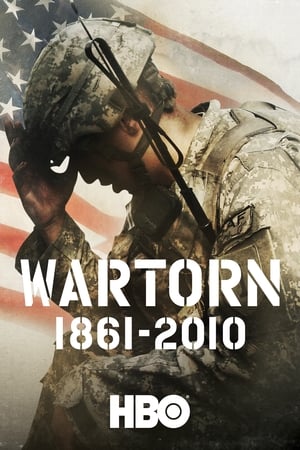 5.9
5.9Wartorn: 1861-2010(en)
With suicide rates among active military servicemen and veterans currently on the rise, this documentary brings urgent attention to the invisible wounds of war. Drawing on personal stories of American soldiers whose lives and psyches were torn asunder by the horrors of battle and PTSD, the documentary chronicles the lingering effects of combat stress and post-traumatic stress on military personnel and their families throughout American history, from the Civil War through today's conflicts in Iraq and Afghanistan.
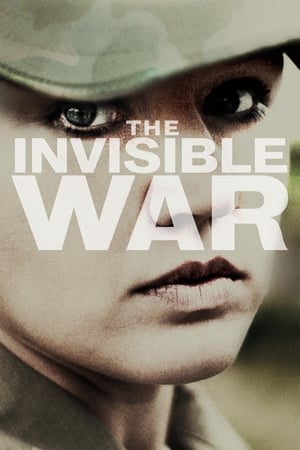 7.2
7.2The Invisible War(en)
An investigative and powerfully emotional documentary about the epidemic of rape of soldiers within the US military, the institutions that perpetuate and cover up its existence, and its profound personal and social consequences.
The Science of Tapping(en)
THE SCIENCE OF TAPPING is a collection of videos about the practice of Emotional Freedom Techniques (or "tapping"). Tapping techniques are interventions that apply principles of Chinese medicine for self-regulation — especially for the relief of chronic stress, anxiety, or pain. Interviewees discuss the evidence basis for the benefits of manually percussing some associated acupuncture points.
Holotropic Breathwork: A Conversation with Christina & Stanislav Grof, MD(en)
In this interview, psychiatrist Dr Stanislav Grof, MD and his wife Christina explain holotropic breathwork, and discuss its uses in psychotherapy. Like hypnosis and psychedelic therapy, holotropic breathwork is a method for invoking non-ordinary states of consciousness for therapeutic purposes. Viewers see patients undergoing holotropic breathwork in a group session, and the patients themselves then report their experiences.
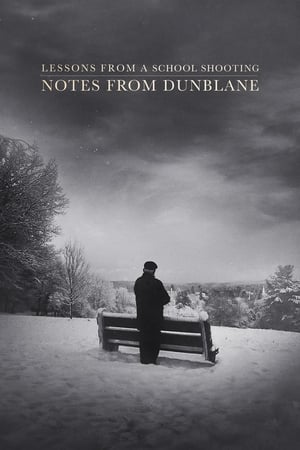 5.8
5.8Lessons from a School Shooting: Notes from Dunblane(en)
In the wake of the 2012 Sandy Hook Elementary School massacre that took the lives of 20 first graders and their teachers, local clergymen Father Bob Weiss receives a letter from a fellow priest in Dunblane, Scotland, whose community suffered an eerily similar fate in 1996. From across the Atlantic, the two priests forge a poignant bond through the shared experience of trauma and healing.
Héros sous le choc(fr)
The documentary addresses the issue of post-traumatic stress experienced by first responders who are called out to tragic incidents.
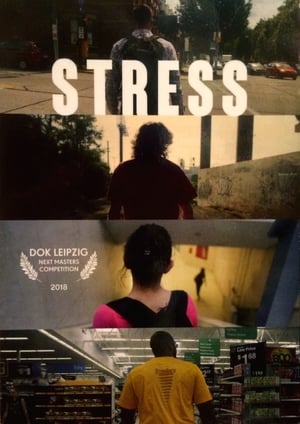 0.0
0.0Stress(de)
"The trauma of 9/11, the ideology of violent retribution, military service as a patriotic family tradition, the “unfairness” of today’s warfare – in their voice-overs, five young Afghanistan war veterans first establish familiar foundations. Joe, Torrie, Mike, James and Justin from Pittsburgh are slow to show us their faces. Physically unharmed but full of inner pain they have become the misunderstood upon their return. Their violent experiences speak a language that the people at home don’t understand.
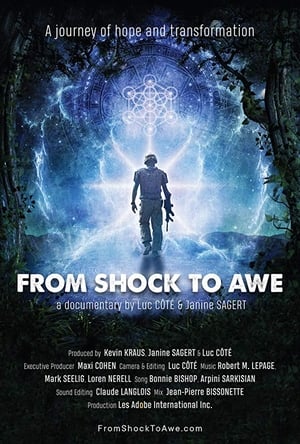 6.0
6.0From Shock to Awe(en)
How do we heal our deepest wounds? Two combat veterans, suffering from severe trauma, abandon pharmaceuticals in order to seek healing through psychedelic medicines. Recent scientific research has shown that these substances can help people to recover from post-traumatic stress disorder (PTSD). Beyond the personal stories, From Shock to Awe raises fundamental questions about war, the pharmaceutical industry, and the US legal system.
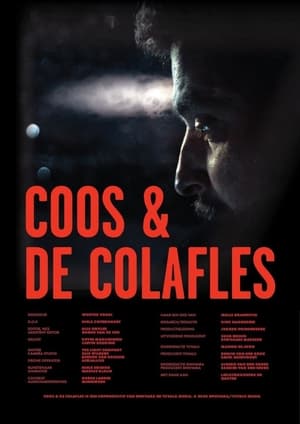 0.0
0.0Coos and the Coke Bottle(nl)
25 years ago, when Coos, then 13, was smoking dope with his friends by the side of a canal, he passed out and came to with a Coke bottle up his ass. A joke by his friends. The incident marks his life as it haunts him for years. Why did his friends do that? Coos, now 38, wants to be able to turn this black page in his history, and he does so by confronting his friends of the time with his pain.
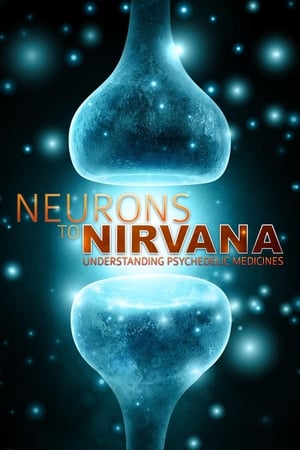 6.8
6.8Neurons to Nirvana(en)
Through interviews with leading psychologists and scientists, Neurons to Nirvana explores the history of four powerful psychedelic substances (LSD, Psilocybin, MDMA and Ayahuasca) and their previously established medicinal potential. Strictly focusing on the science and medicinal properties of these drugs, Neurons to Nirvana looks into why our society has created such a social and political bias against even allowing research to continue the exploration of any possible positive effects they can present in treating some of today's most challenging afflictions.
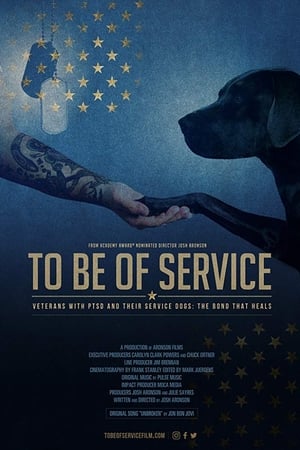 6.0
6.0To Be of Service(en)
A documentary film about veterans with PTSD who find that, after other treatments fall short, a service dog helps them return to an independent feeling life.
 0.0
0.0Six Thirty(he)
A documentary film that brings testimonies taken just one week after the attack, from 7 different areas that were attacked in the events of Saturday, 10/7/23. The film is told from the point of view of the survivors. The evidence is unusually presented in the movie with the help of miniature models and animations that reinforce the hard evidence. The survivors share the survival experience they experienced during the long hours of the murderous terrorist attack. Those who ran away from the party, the houses they hid in, those who fought against the terrorists, and those who saved lives in the field. All with the choices they had to make in real-time, and saved their lives.
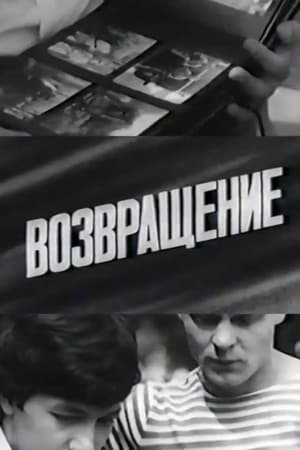 0.0
0.0The Return(ru)
About young Soviet men who fought in Afghanistan and are trying to find their place in a peaceful life. They share their experience with older WWII veterans, talk about their post-war traumas and what they think now about violence. At the moment there are almost 2 years left before Soviet troops withdrawal from Afghanistan.
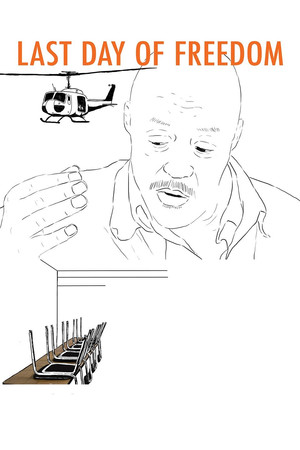 7.1
7.1Last Day of Freedom(en)
When Bill Babbitt realizes his brother Manny has committed a crime he agonizes over his decision to call the police.



